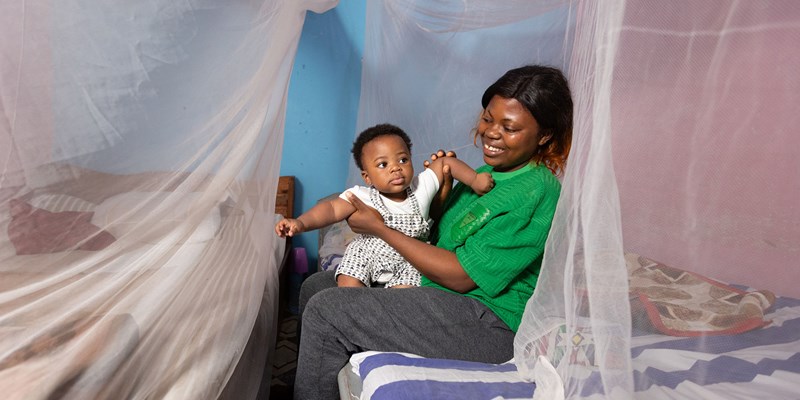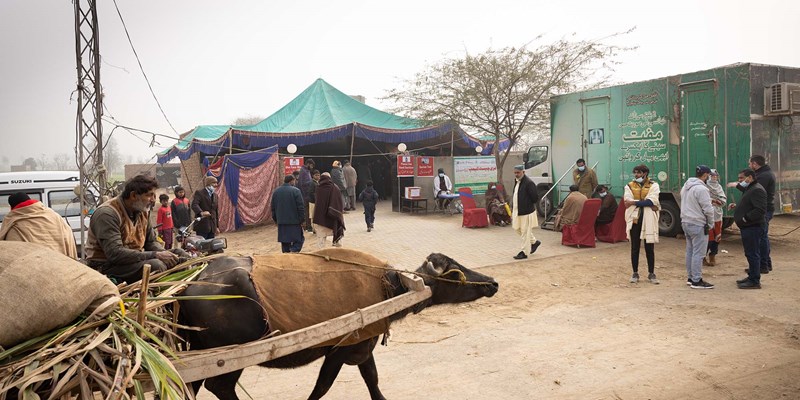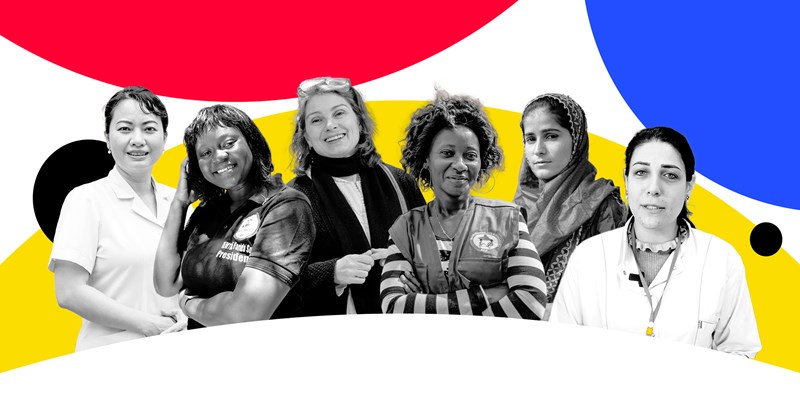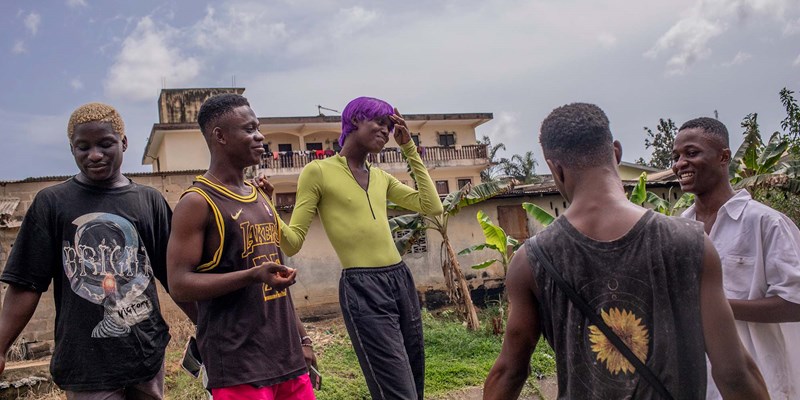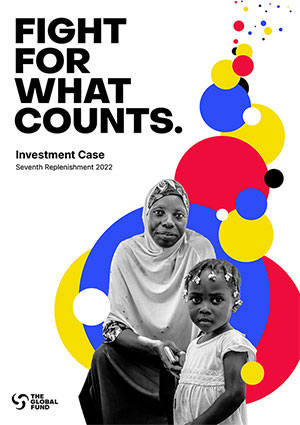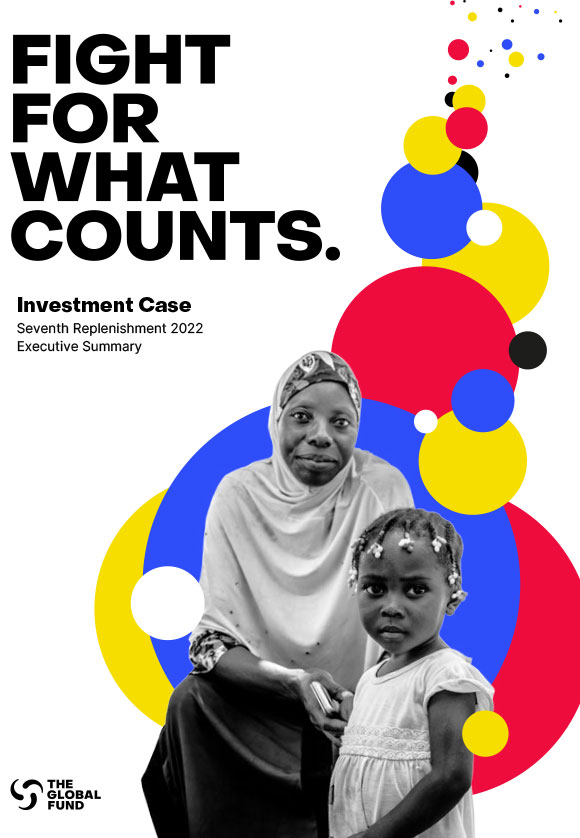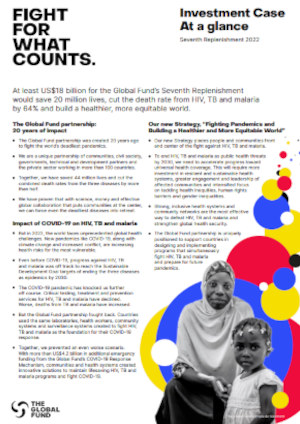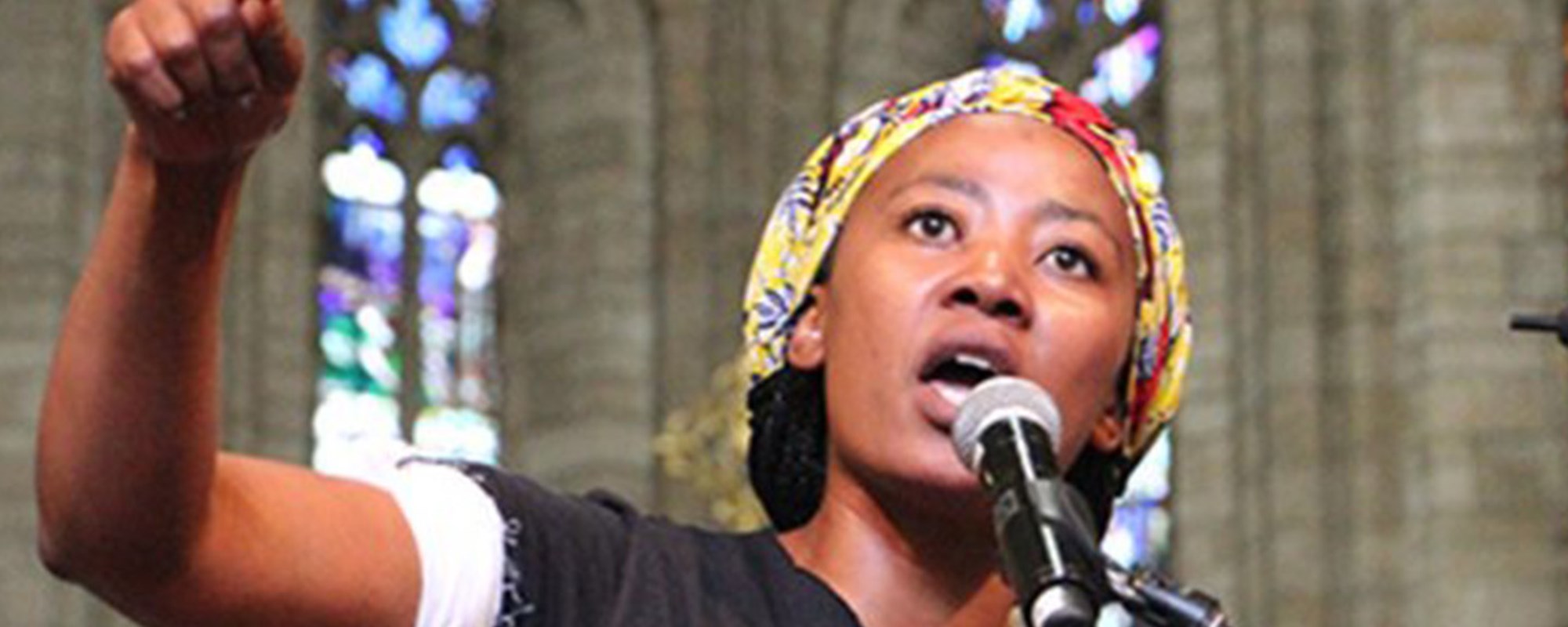

To End AIDS, It’s Going to Take Some Fighting
In 2001, at the age of 22 – when I thought my life had just begun – I was diagnosed with HIV. At that time, the diagnosis felt like receiving a death sentence, and every day, I waited for my hour of death.
However, after two months of that waiting, death didn’t come. Instead, a comrade arrived and took me to the offices of the Treatment Action Campaign (TAC) – a South African group that was fighting for access to HIV treatment for all. There, for the first time, I would meet other people living with HIV. And there, I would learn my first lesson about epidemics: for people living in poverty to access the services they need to defeat diseases, it will always involve a fight.
This year, we mark 40 years since the first cases of HIV were reported. We have made extraordinary progress in that time. Twenty years ago, when I first learnt of my HIV status, science had already gifted humanity with drugs to treat the virus. However, South Africans like myself and many other people living in poverty continued to die in their millions. The highly effective anti-retroviral therapy was nearly $10,000 a year, priced well beyond our reach.
To make this therapy accessible to people living in poverty, we needed to fight. TAC introduced me to that fight for social justice. For most of us at TAC, it was the fight for our lives, because friends and family members were dying from the disease. At the time, the leadership of South Africa was rejecting the science of antiretroviral treatment and letting people die.
TAC and other advocates around the world poured into the streets. We recited our wishes and the wishes of millions of others who were dying. We called out governments for neglect and pharmaceutical companies for putting profits before people. We demanded measures that would ensure access to treatment for all. We demanded equity.
We called for a people’s fund that would strive to see that everyone, regardless of class, creed or color, could access the treatment they needed to stay alive. The idea of a global mechanism to support people living in poverty to access treatment seemed unthinkable. Some people even doubted whether people living in poverty in Africa had sufficient literacy to adhere to treatment. But we marched on. That push led to political action and the creation of the Global Fund to Fight AIDS, Tuberculosis and Malaria – a people’s fund with a governance structure that would involve the civil society, the communities and people affected by diseases.
Its impact was immediate. In South Africa, as in many other countries around the world, Global Fund investments catalyzed efforts to treat all people by supporting early initiatives for treatment and building the infrastructure necessary for that. In 2004, I was one of the many people who began to access lifesaving treatment.
The impact of the Global Fund partnership, which celebrates its 20 years anniversary this year, has been game changing. Twenty years and 38 million lives saved later; the partnership continues to deliver on its mandate.
Yet the fight remains unfinished. While so many millions are on HIV treatment today, there are still many without that access. Close to 700,000 people died from AIDS-related illnesses in 2020 while more than 1.5 million got infected with the virus. This is totally unacceptable.
Our obstacles today are restrictive policies and lack of economic opportunities as well as deep social problems of stigma and discrimination. To overcome these hurdles, it will take another phenomenal push by advocates. It will happen only if we can demand that governments and people in positions of power around the world do more.
Governments must do more in providing opportunities to the most vulnerable, including young women and girls. They must do more in protecting and decriminalizing key populations such as sex workers, men who have sex with men, transgender people and people who use drugs. Above all, governments must do more in reducing inequalities of all kind, which continue to fuel this epidemic and many others.
That second phase of our push is just beginning. In the next eight years, as we seek to end HIV as an epidemic by 2030, we will need to be louder in demanding action from all relevant authorities. For the advocates, we must organize better and fight harder to build a movement that will not just end AIDS, but one that will end all barriers to access to essential medicines, vaccines and diagnostics for current epidemics and for COVID-19 and other emerging pandemics.
To overcome this challenge, we must pull together. If the last two decades have taught us anything, it is that we need the strength of every person to break through.
This time has also taught us that given the opportunity, all of us can unlock our full potential. The 22-year-old who was at death’s door 20 years ago, is now a grown woman with a husband and two children – all three of them HIV-negative. Twenty years ago, I only had a high school certificate, but just last month I donned a cap and gown for the award of my PhD.
After coming this far, I will continue to raise my voice and fight for others to have similar opportunities.
This op-ed was first published in The Guardian.
